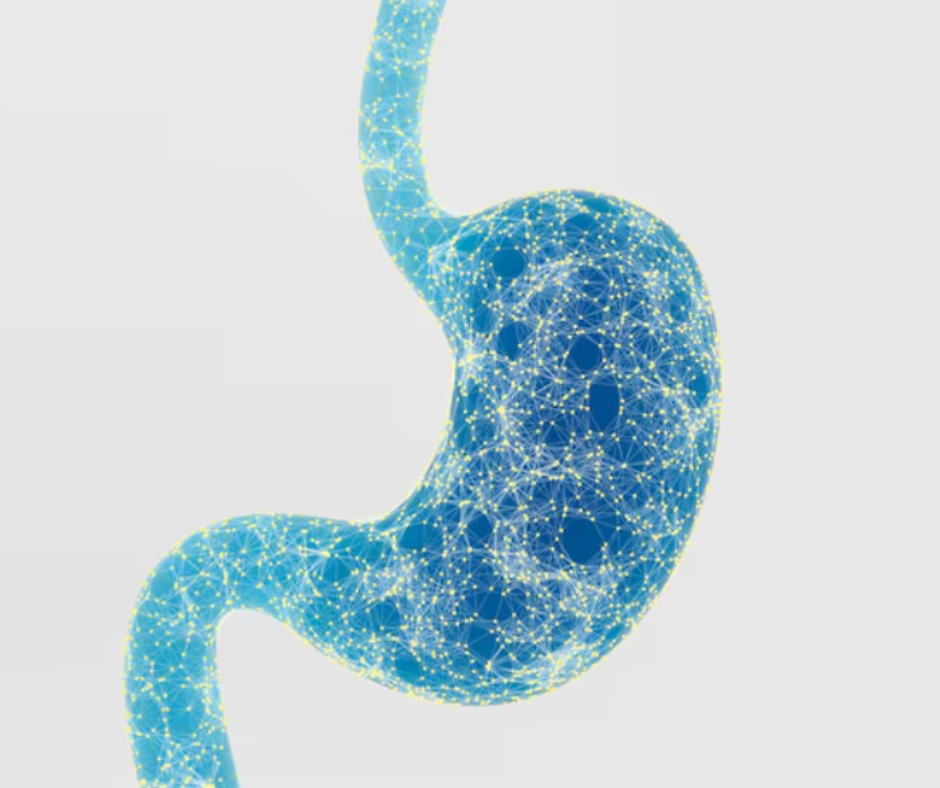The Digestive System's Guardian: The Role of a Gastroenterologist
- livercarecenter23
- Oct 26, 2023
- 2 min read
The digestive system is a complex network of organs that keeps our bodies running smoothly. When issues arise, a gastroenterologist is the medical expert you need. In this blog, we'll delve into the vital role of gastroenterologists in maintaining your digestive health.
Who Are Gastroenterologists?
Gastroenterologists are medical doctors who specialize in the diagnosis and treatment of disorders affecting the digestive system. This encompasses a wide range of organs, including the esophagus, stomach, small and large intestines, pancreas, liver, and gallbladder.
The Significance of the Digestive System
Your digestive system is responsible for breaking down food, absorbing nutrients, and removing waste. It plays a crucial role in your overall health. A well-functioning digestive system ensures your body receives the essential nutrients it needs to thrive.
When to See a Gastroenterologist
Several signs and symptoms may prompt a visit to a gastroenterologist:
Chronic Abdominal Pain: Persistent or severe abdominal pain can be a sign of underlying digestive issues.
Gastroesophageal Reflux Disease (GERD): Frequent heartburn, acid reflux, or difficulty swallowing may require evaluation.
Irritable Bowel Syndrome (IBS): Ongoing gastrointestinal symptoms like cramping, diarrhea, and constipation may warrant a gastroenterologist's assessment.
Unexplained Weight Loss: Significant and unexplained weight loss can be indicative of digestive problems.
Inflammatory Bowel Disease (IBD): Conditions like Crohn's disease and ulcerative colitis fall under the expertise of gastroenterologists.
Screening and Preventive Care: Regular colonoscopies for colorectal cancer screening are commonly performed by gastroenterologists.
The Gastroenterologist's Role
Gastroenterologists offer a range of services, including:
Diagnosis: Accurately identifying the cause of digestive symptoms through various tests and procedures.
Treatment: Developing customized treatment plans, which may involve medications, dietary changes, or surgical interventions.
Endoscopic Procedures: Performing endoscopies, colonoscopies, and other minimally invasive procedures to diagnose and treat gastrointestinal issues.
Preventive Care: Offering advice on preventive measures and routine screenings to catch potential problems early.
Maintaining Digestive Health
While gastroenterologists are experts in treating digestive disorders, it's essential to take steps to maintain your digestive health:
Balanced Diet: Consume a diet rich in fiber, fruits, vegetables, and lean proteins.
Hydration: Drink plenty of water to aid in digestion.
Regular Exercise: Physical activity supports a healthy digestive system.
Moderation: Limit alcohol consumption and avoid excessive use of non-prescription pain relievers.
Your digestive system is intricate and vital to your overall well-being. Gastroenterologists are here to help you navigate any challenges that may arise along the way. Remember, a healthy digestive system contributes to a healthy you.




Comments